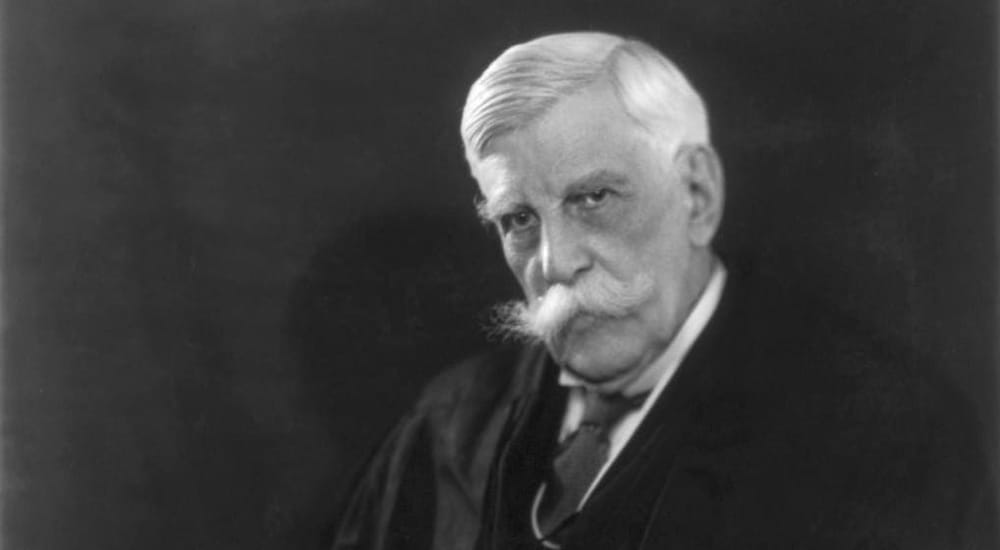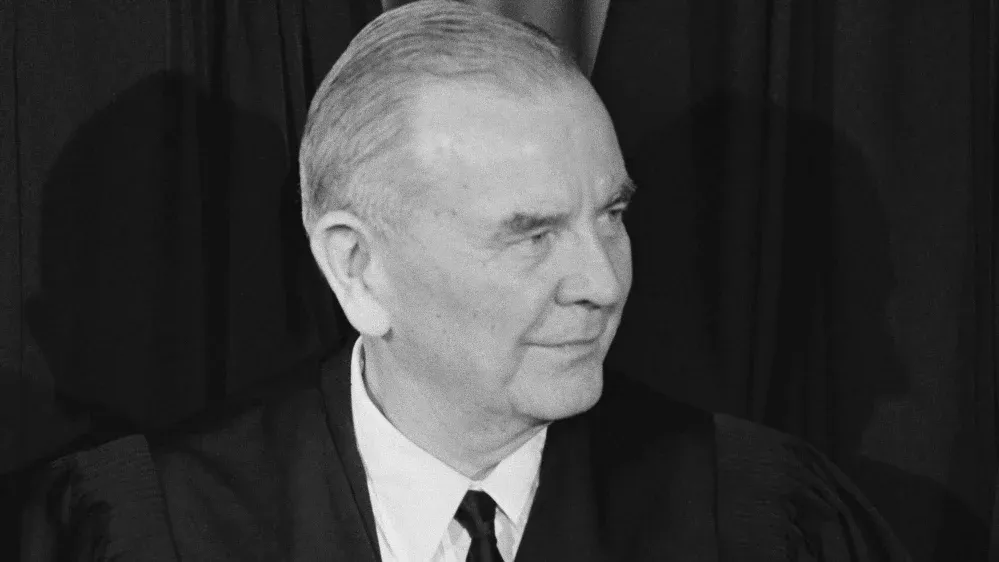In the annals of American jurisprudence, few figures loom as large or cast as long a shadow as Oliver Wendell Holmes Jr. Appointed to the Supreme Court by President Theodore Roosevelt in 1902, he served until his retirement in 1932 at age ninety-one. During this time, he became known not only for his clear prose but also for his views on free speech.
His tenure was marked by landmark decisions that shaped First Amendment law and laid the groundwork for modern interpretations of freedom of expression. He is perhaps best remembered today for coining phrases such as "clear and present danger" and "marketplace of ideas," which continue to inform legal debates about free speech rights.
The Early Years: A Formative Influence
Born into an illustrious Boston family in 1841, Holmes was exposed from an early age to intellectual pursuits. His father was a prominent physician and writer; his mother hailed from a distinguished New England lineage. This background undoubtedly influenced young Oliver's future career path.
Military Service: The Crucible of Character
Holmes' character was further forged during the Civil War where he served with distinction despite being wounded three times - experiences that would later shape many aspects of his judicial philosophy including pragmatism over idealism.
A Career In Law Begins: From Harvard To The Bench
After graduating from Harvard Law School in 1866, Holmes embarked upon what would become one of America’s most storied legal careers – first practicing law privately before eventually becoming Chief Justice on Massachusetts’ highest court prior to joining United States v. E.C Knight Co (1895) as an associate justice.
Schenck v. United States (1919)
This case marked a turning point in Holmes' career and the interpretation of free speech rights in America. It was here that he first articulated his famous "clear and present danger" test, arguing that speech could be restricted if it posed a serious threat to national security or public safety.
Abrams v. United States (1919)
In this case, Holmes dissented from the majority opinion upholding convictions under the Espionage Act for distributing anti-war leaflets during World War I. He argued passionately for greater protection of political dissent, introducing his concept of the "marketplace of ideas."
Gitlow v. New York (1925)
Holmes again found himself at odds with his colleagues when they upheld Benjamin Gitlow's conviction for advocating overthrowing government by force - another instance where he championed broader protections for freedom of expression.
The Legacy: A Lasting Impact on American Jurisprudence
Holmes’ influence extends far beyond these cases though; indeed many aspects about modern constitutional law bear traces back to him – including judicial restraint, deference towards legislative judgement Lochner v. New York (1905), and skepticism regarding economic regulation Hammer v. Dagenhart (1918). His writings continue being studied today not just because their historical significance but also due their enduring relevance within contemporary legal discourse.
A Final Thought:
"The life of law has not been logic; it has been experience," wrote Oliver Wendell Holmes Jr., encapsulating both his pragmatic approach to jurisprudence and profound understanding human nature’s role shaping legal systems. His legacy continues influencing American law, reminding us that our Constitution is not a static document but rather one capable evolving with society’s changing needs.
Stay Ahead with Etalia.ai
🌟 Discover More with a Subscription 🌟
If you've found this deep dive into Oliver Wendell Holmes Jr.: influential Justice known for his clear prose and views on free speech, there's so much more to explore with Etalia.ai. Our platform is dedicated to bringing you insightful, meticulously researched content that broadens your understanding of crucial legal and political issues.








